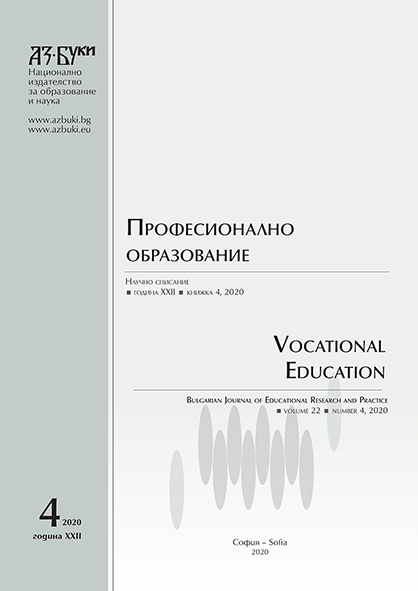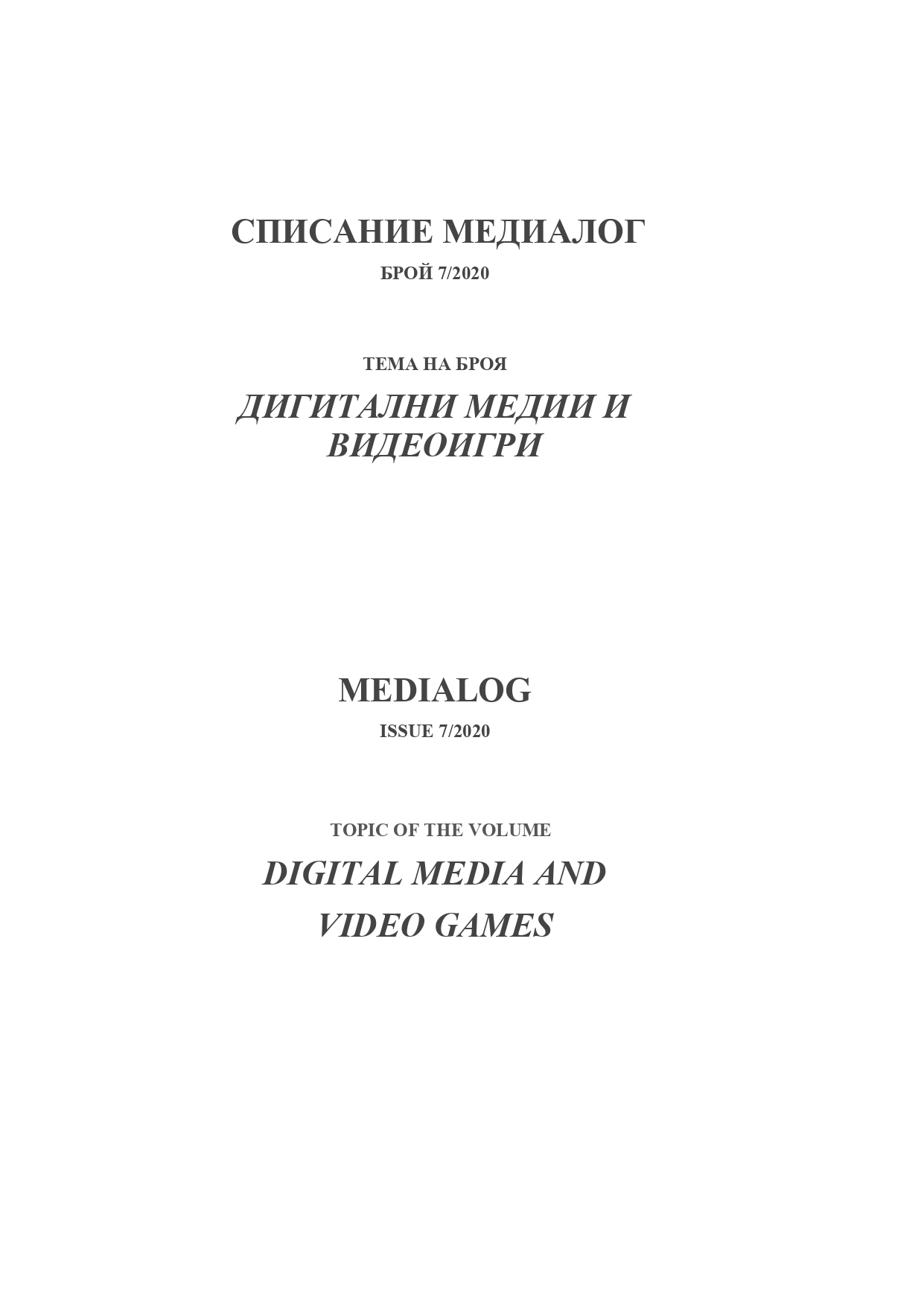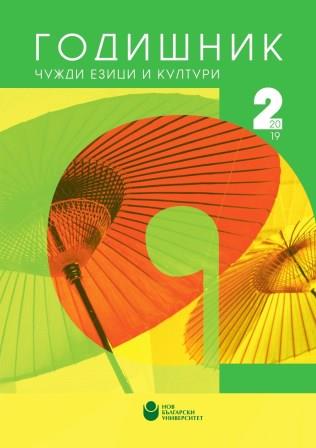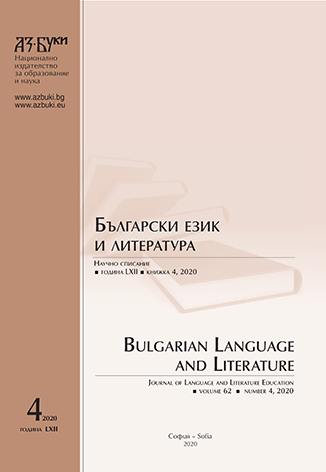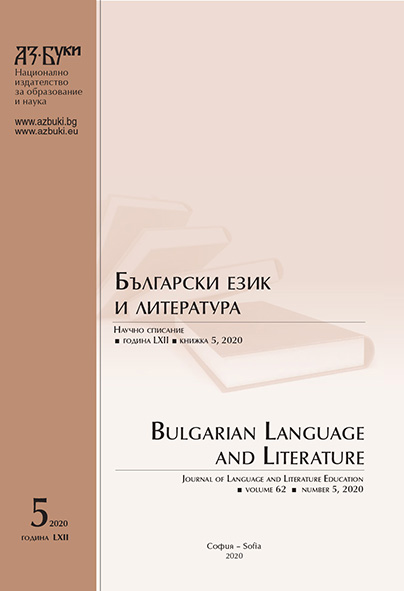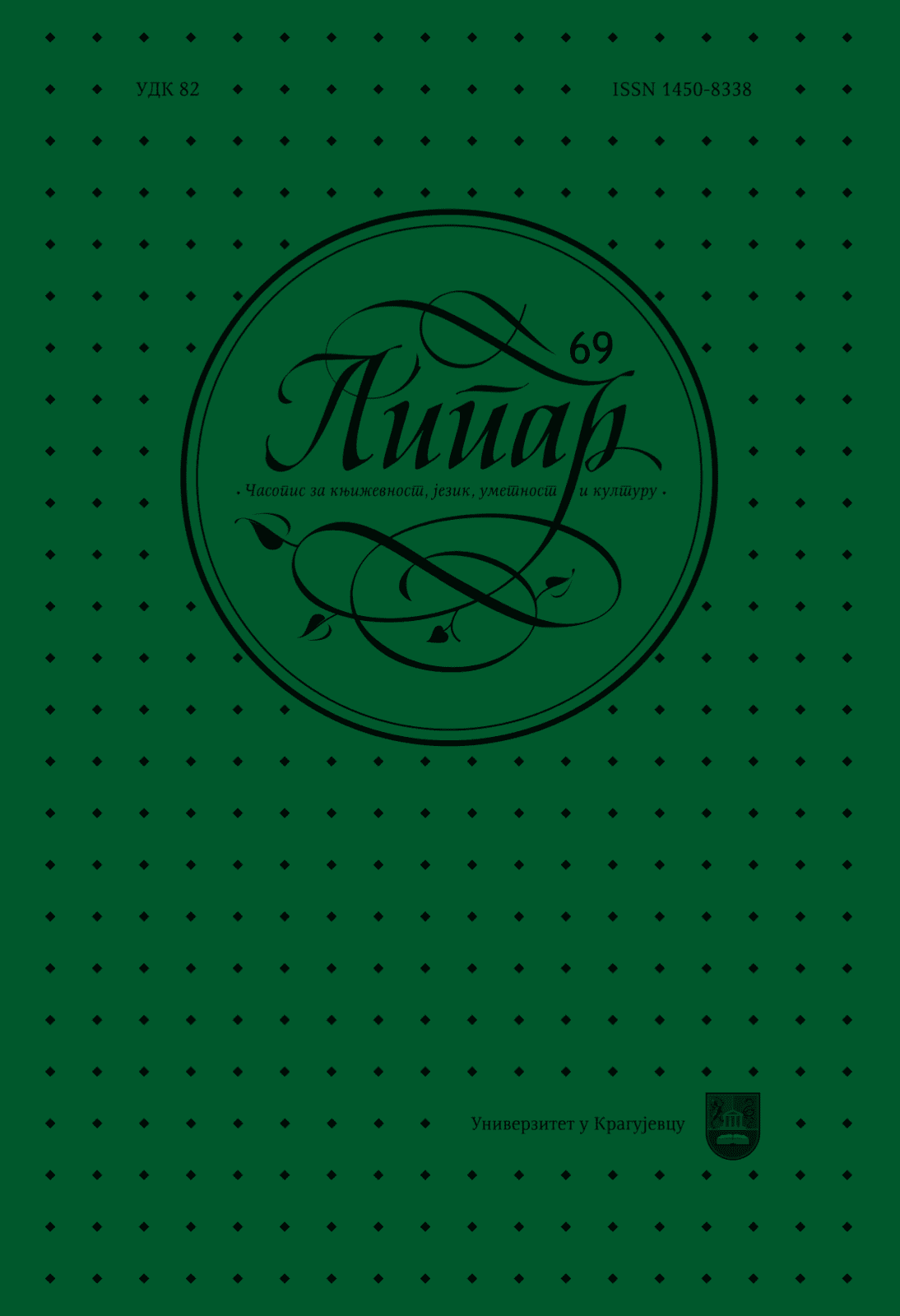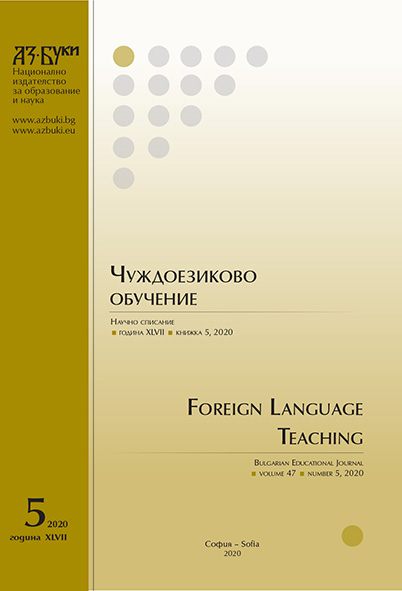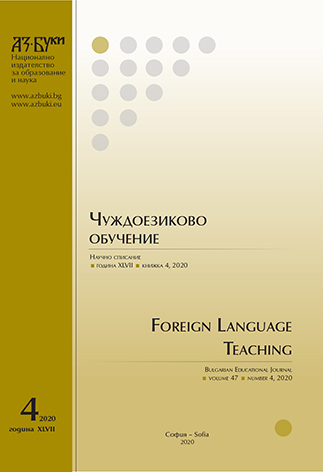
Рецепцията на българската политическа реч от студентите чужденци
The article presents the conclusions of a scientific experiment conducted with foreign students at Sofia University “St. Kliment Ohridski”. In extracurricular classes, students observe and analyze the speech of Bulgarian politicians and must prepare a scientifically based commentary on their verbal and nonverbal behavior, comparing it with the political situation (politicians and political speech) in their own countries. The object of scientific analysis in this text are the conclusions related to language aggression in public speech, the dynamics of language processes and in particular the discrepancies between the literary normative complex (which for foreign students is leading and representative) and the trends set by usus as parallel language models. Important markers accompanying political communication such as representation, speech readiness, appropriate uses, and the ability to switch language codes are also considered.
More...
